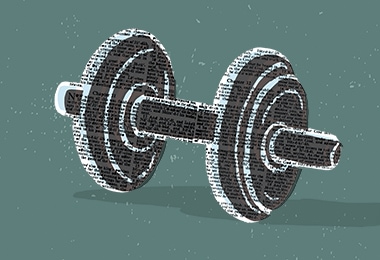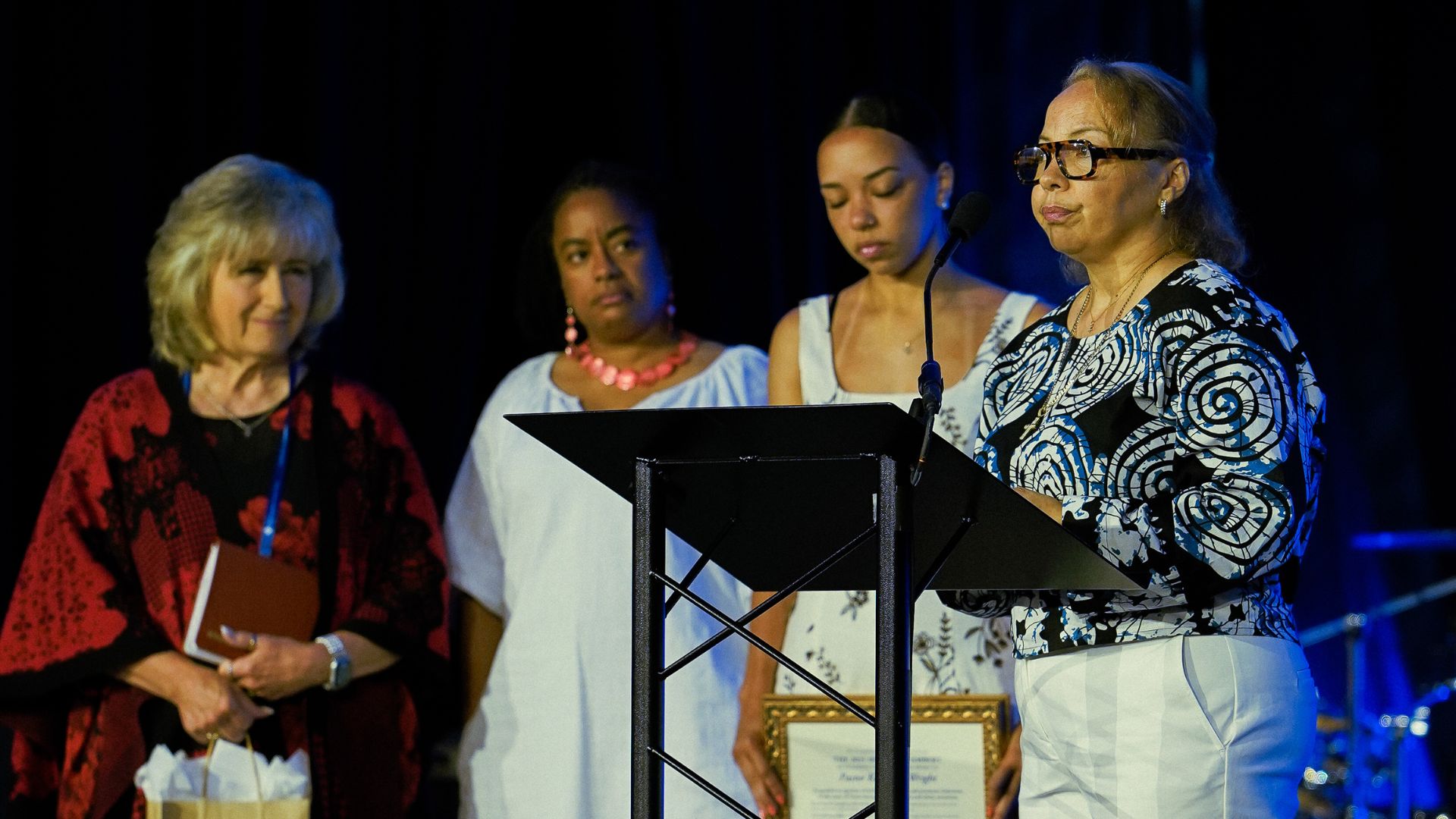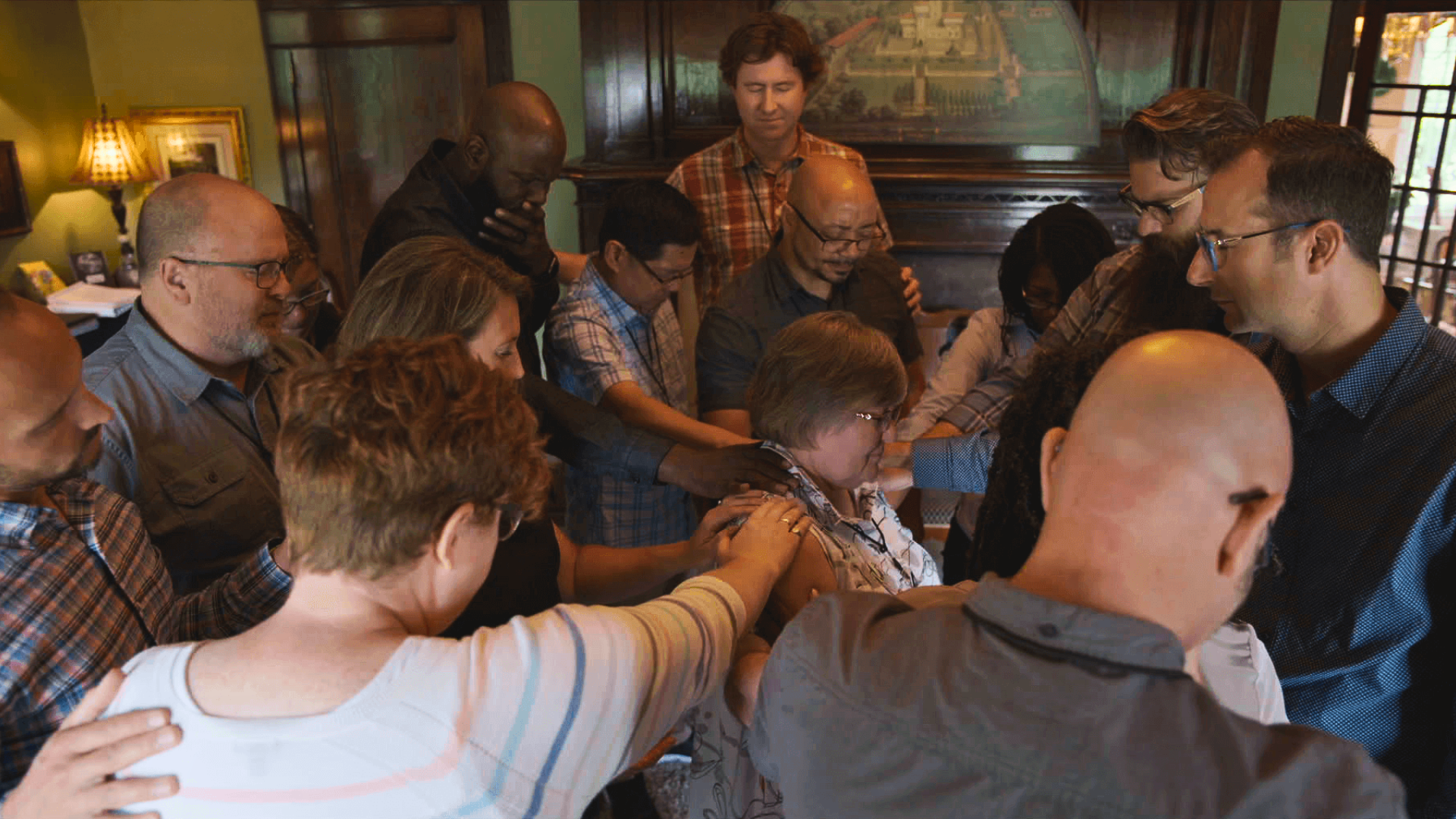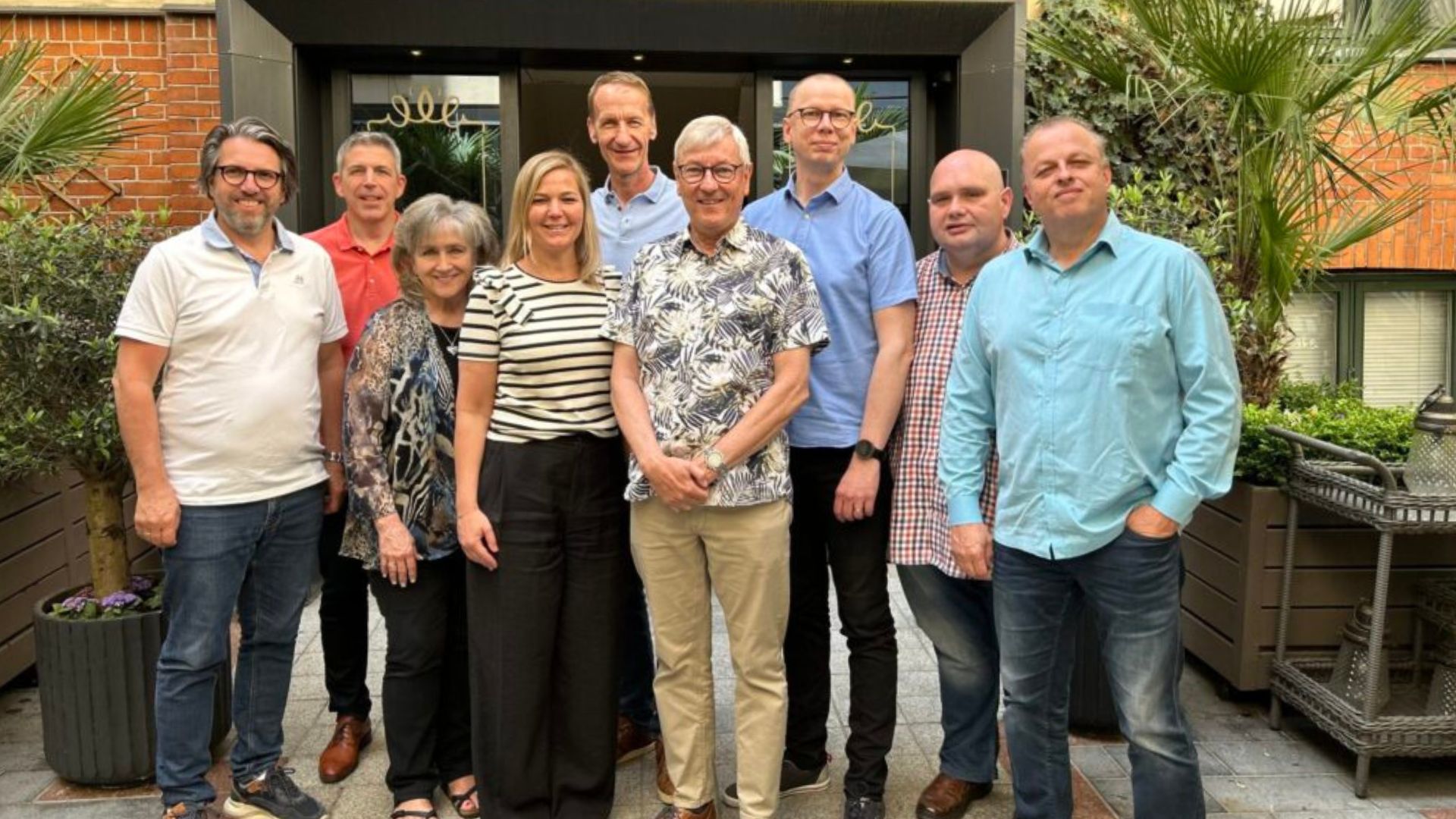[vc_row][vc_column][vc_column_text]

[/vc_column_text][/vc_column][/vc_row][vc_row el_class=”hero-header-text”][vc_column][vc_column_text]
Soul Training
Working out my Theology of the Body
by Jeff Strong | March 29, 2017
[/vc_column_text][/vc_column][/vc_row][vc_row][vc_column][vc_column_text]
The timer beeps, signaling the end. We’re done, and not a moment too soon. I try to take a minute to compose myself, but it isn’t easy. My muscles are desperate for oxygen and no matter how deep my breaths, I can’t seem to satisfy their hunger. There’s a pool of sweat underneath me and I think I might be seeing stars.
I feel fantastic.
I’ve just completed my third month at a performance training gym that integrates philosophies from CrossFit, power-lifting, and circuit training. While I strain to catch my breath I am flooded with an enormous sense of accomplishment. At least three times a week I’ve participated in classes that have forced me to carry, lift, throw, run, jump, pull, and push in ways that have challenged me in both mind and body.
I was introduced to V02 Performance Training through my wife, who had been attending for six months prior to my first day. She had consistently encouraged me to take the time to prioritize training of this nature, believing it would make a significant positive impact in my life. But I had every excuse at the ready. Money and time found their way to the top of my excuse hierarchy.
Then last February I found myself planning an Easter series on the resurrection, and as my preparation unfolded I became uncomfortably aware of how my theology of the body had grown to be robust in theory, yet remained shallow in practice. Over the previous five years I had developed a behavioral pattern prone to sloth and gluttony. The result: I was overweight and low energy. I struggled to make it through most weeks without consistent naps and copious amounts of coffee.
Even more humbling was the realization that while I was only a few weeks away from proclaiming the significance of Jesus’s resurrection, I was neglecting a profound truth the resurrection speaks to: the importance of our bodies. In the resurrection God reveals his redemptive intentions for all aspects of creation, including our bodies and the material universe. Our bodies are good gifts from God, marred by sin, but ripe for redemption in Christ. And while redemption of the body takes many forms, I found myself challenged by Scripture’s charge to “offer yourselves to God as people who have been brought from death to life and the parts of your body as instruments of righteousness to God” (Romans 6:13, ISV).
So in March I decided to bite the bullet and sign up. The first week was a shock to my system. Three training sessions in, I had to confront the fact that I had grossly overestimated my current level of fitness. My body communicated in all manner of ways that it was not happy. Discomfort was constant. My body was being forced to learn a new language, and very little about the new vocabulary was familiar.
After each successive workout I found myself reflecting on the implications of Paul’s charge to his young protégé Timothy: “Train yourself to be godly” (1 Timothy 4:7). I’ve taught on that verse many times in different contexts, but until I began training at V02 many implications of this command were lost on me. Dallas Willard’s distinction between training and trying took on new meaning as my experiences at V02 caused me to rethink my discipleship practices. After a few months I was becoming aware of the disparity between how I train physically versus spiritually. As each month unfolded, the performance training taught me as much about my spiritual deficiencies as my physical ones. I was not bringing the same intensity and focus to my spiritual growth in Christ as I was to my training sessions. I decided to close that gap.
I began by taking an inventory of the lessons I was learning at V02 and then applying them to my discipleship to Jesus. Here are some of the principles I’ve learned.

1 – In the beginning all training feels unnatural.
For the first two months almost every exercise routine felt awkward and contrary. I was clumsy, lacked proper posture, and continually battled my body to do what seemed so straightforward in my mind. I was asking it to do things it had never done before, at an intensity it was not accustomed to, and it wasn’t quiet in letting me know how it felt.
When Scripture calls us to “clothe yourselves with compassion, kindness, humility, gentleness, and patience” (Colossians 3:12, NIV), we must understand that integrating these elements of Christlike character is difficult at first. When we introduce a new spiritual discipline into our lives or attempt to deepen an existing one, the new practice often feels muddled and awkward in the early going. This is natural when learning any new habit. The good news is that what feels unnatural at first will become second nature if we persevere through the early, clumsy stages.
2 – We train harder in the context of community.
On any given week there are two training sessions I would likely quit were I undertaking them in isolation. However, VO2 structures its training in the context of a class, and the presence of others working out with me pushes me beyond my comfort level. Psychologists call this phenomenon social facilitation, and it accounts for why we do tasks better and faster in the presence of other people.
I’ve always tended to view Christian growth as primarily an individual endeavor, but VO2 has really challenged this presumption. My training has shown me how much easier and effective it is to train in the context of community. As a result, I’m learning to involve more people in my spiritual growth plan and am beginning to explore how discipleship within the context of community helps us “spur one another on toward love and good deeds” (Hebrews 10:24, NIV).
3 – Routine can be the enemy of growth.
We all may love the comforts of routine, but in V02 the only routine is strategic confusion. The training is scheduled so as to continually confound your body’s ability to adapt to a pattern of conditioning. Said another way, VO2 has a liturgy: planned disruption. No two workouts are alike and several factors are adjusted continually to ensure that my body is kept guessing. This never allows my body to adapt to a routine, which would mean a less intense, easier workout (which I want but don’t need).
The training schedule has a liturgy: planned disruption. Following Jesus requires the same thing.
Discipleship to Jesus demands a liturgy of planned disruption as well. If you read the Gospels carefully, you’ll notice Jesus doing this all the time with his disciples. No two days of ministry are alike. The result? The disciples were continually forced to stretch and adapt. Spiritual growth was the result. Similarly, in order to ensure that I’m not spiritually coasting, I need to employ a variety of practices from the deep tradition of Christian spiritual formation that challenge me to adapt and grow into a disciple who loves God with heart, soul, mind, and strength.
4 – A commitment to strict training means a commitment to living in a state of chronic physical discomfort.
When I began V02 my wife warned me, “You will love it, but you will have to get used to living in chronic pain.” That may have been an exaggeration but not a large one. On any given day certain muscles are
protesting the previous day’s session. Since beginning my training I can count on one hand the days I’ve been able to move comfortably.
The life of discipleship means living in a state of chronic spiritual discomfort as well. Jesus’s call to forgive those who have harmed us, to bless our enemies, to practice gospel-sized generosity can leave us tired, sore, and definitely uncomfortable. That is evidence that our spiritual muscles are being worked.
5 – Rest is imperative.
My rest days are precious. Without them I couldn’t sustain the mental and physical intensity of VO2’s workouts. The days of rest are Sabbaths that allow me to replenish my body and mind. I’ve never slept better since I started this training regime.
Training in godliness demands that we reclaim the practice of Sabbath. After attempting to live too long without a day to pray and play, I’ve learned that I just can’t sustain intentional, intense discipleship that way. My discipleship efforts do not flow out of my attempt to secure acceptance in Christ but out of my acceptance in him. Therefore, if I’m not taking time to rest in God’s grace, love, and goodness, then spiritual injury (i.e., burnout) is inevitable. The practice of Sabbath grounds me in the gospel and renews me for God’s mission.
6 – I need to eat intentionally and healthy.
If I fail to intake the proper food before or after my workouts, I pay the price. Exercising at this intensity has caused me to focus more on what I put into my body, because more than ever it has a direct and almost immediate effect on my ability to perform when the clock is ticking. In short, I’ve become more conscious of what I eat and why.
A casual approach to discipleship will lead to a casual approach to spiritual intake. When I committed to strict training, my diet necessarily followed suit. I’ve become more conscious of my need to consume, “whatever is true, whatever is noble, whatever is right, whatever is pure, whatever is lovely, whatever is admirable” (Philippians 4:8, NIV), beginning with feeding steadily on Scripture and quality books and resources.
7 – Coaching matters.
Our head trainer, Megan, understands that each of us comes with a set of preconceived self-limitations. Because she’s a skilled coach, she understands where I’m strong and weak, and is able to identify opportunities to push me beyond my comfort zone.
In order to grow beyond my present capacities I need to enlist wiser, more mature Christians who can help me become aware of areas where I’m plateauing or coasting. I need spiritual mentors who can help me develop new patterns that I wouldn’t even think to try without their input.
V02 is a performance training gym, which raises the question: training for what end?
Everyone’s answer is different of course, but here’s mine. As a disciple of Jesus I find my central calling in loving God and loving others (Mark 12:28-31). Discipleship is the process by which I cultivate spiritual strength and vibrancy so that I can fulfill this calling and be a blessing to others. These months at V02 have challenged me to move into that calling with a greater focus and a renewed perspective. Echoing Paul, my aim is simple: I do not want to run like someone running aimlessly. I do not want to fight like a boxer who can’t land blows. Instead, I train my body in order to live for the world’s good and God’s glory.
[/vc_column_text][/vc_column][/vc_row]













